Finishing up the weekend of World’s Toughest Mudder (WTM), which was also the same weekend as Veteran’s Day, I went to make an Instagram post highlighting both. That’s when I realized the number of military veterans on the podium for WTM:
Individual: 2nd Robert Kilian (Army) 3rd Trevor Cichosz (Marines)
National Team Relay: 1st Team USA 7 (including vet Brian Gowiski (Marines)), 2nd Team USA 8 (including vet Mark Jones (Marines & Army)), 3rd Germany (including German military veteran Fabian Breitsamer)
2+ Team: 2nd Team Merrell (including Evan Perperis (Army))
You can’t help to notice that the number of personnel on the podium of the biggest Ultra-OCR in the world has a disproportionate number of military veterans present. The question is why? I reached out to all the people listed above asking them “What do you it is that makes military veterans so successful at races like WTM?”, and came to the following conclusions.
- Experience in Endurance: Having experience operating for extended periods of time is a requirement in the military and crosses over really well for an event like WTM. Whether you are in the middle of patrols lasting for several days at a course like the Army’s Ranger School or in a real life situation like the desert of Iraq. While these are not weekly occurrences while stateside, almost every veteran I know has stories of operating for extended periods of time. Brian Gowiski credits his success to multiple tours in Afghanistan where patrols would last for 24+ hours going all through the night. These experiences not only serve as “training” for things like WTM but help instill a mindset capable of pushing you above your perceived limits.
- Failure Is Not An Option Mindset: Not to sound too dramatic, but in the military soldiers are tasked with completing the mission or dying. Luckily (and thankfully), in the modern age of combat, mission completion often comes first. However, the bottom line is that failure is simply not an option in our line of work. If the enemy is too strong or the situation is too bad, there is no ability to walk out of the situation or say “I’ll come back next year”. This mindset of “finish or die”, while extreme for something like Ultra-OCR, transcends from work into your daily life and into sports where persistence is rewarded. Don't just take my word for it, listen to 2016 WTM Champion (and podium finisher at EVERY WTM in Vegas) Trevor Cichosz:”In WTM you go through a lot of dark moments. Boredom, cold, pain, hunger, diarrhea! Being vets, we just deal with that shit because we know it needs to be pushed aside to win, or in other words, to not fail. You quit in boot camp and you're a failure, a quitter. You do that in the civilian world they pat you on the back and say “you tried “.
- Experience in Suffering: Personally I have a decent amount of experience doing endurance races and I have still yet to experience a situation where I was as tired or as miserable as I was in the military. When compared to some military courses which are weeks or months in length, 24 hours is just not that long. 2x podium finisher (once individual and once team) at WTM Robert Kilian described it as it never being as bad on all fronts. Sure, a single aspect might be worse than it was in training, but it is never worse in all parts. Being able to think I'm not as cold as Mountain Warfare School, I'm not as exhausted as Selection or not as tired as Ranger School gives you strength because this could always be worse. Plus, if it gets really bad, at least no one is actually trying to kill you. For me personally, this experience in suffering makes me feel like I could do anything for 24 hours because I have done things much longer. I once lost 20 lbs. within 10 days while eating three meals a day during a course. I once saw someone fall asleep standing up and hit the ground before waking up. I have personally hallucinated at night and during the day due to sleep deprivation. While these stories may sound extreme to some of you, I can call almost any of my military veteran friends and they can share similar or worse stories. Whatever these events have in store, many veterans feel confident they have experienced worse.
- Adaptability/Planning For Contingencies: An event like WTM requires you to analyze so many variables simultaneously, make a decision and then ride out the consequences of your choice. The ability to adapt can be made easier by the 6Ps: “Proper Planning Prevents Piss Poor Performance”. While being able to plan for contingencies will not guarantee success it can make it easier. You can’t change into a full wetsuit with a neoprene hoodie when you get cold if you only brought a shorty.
I found this brief conversation with other veterans both enlightening and informative, hopefully, you did too. If you are reading this and thinking, “I’m not a veteran, so how can I succeed against people with this type of mindset and experience, I’ll leave you with thoughts from Army and Marine veteran Mark Jones,
“Why do we <the military veterans> succeed in these races? It's easy to say grit, determination, etc, but it's simply the reason non-military/civilians succeed, discipline. Plenty of military guys lack this where civilians are strong and vice versa. I believe, whether we are still in or out <of the military>, we are all still searching for that next level of success, suck factor, or community gathering. Just like the movie Rocky, the training montage is the greatest scene simply because it shows the discipline and work required to succeed behind the scenes.”
- Discipline: There are few second chances in combat. You need to prepare and plan appropriately ahead of time. To do this, it requires discipline, which is both a product and an attribute of our men/women in uniform. However, like Mark Jones said, this attribute, and many of the other items on this list, are not “owned” by our service members, but it is a common theme running through all the professionals at the top of our sport.
Disclaimer: The viewpoints expressed by the authors do not necessarily reflect the opinions, viewpoints and official policies of Mud Run Guide LLC, or their staff. The comments posted on this Website are solely the opinions of the posters.
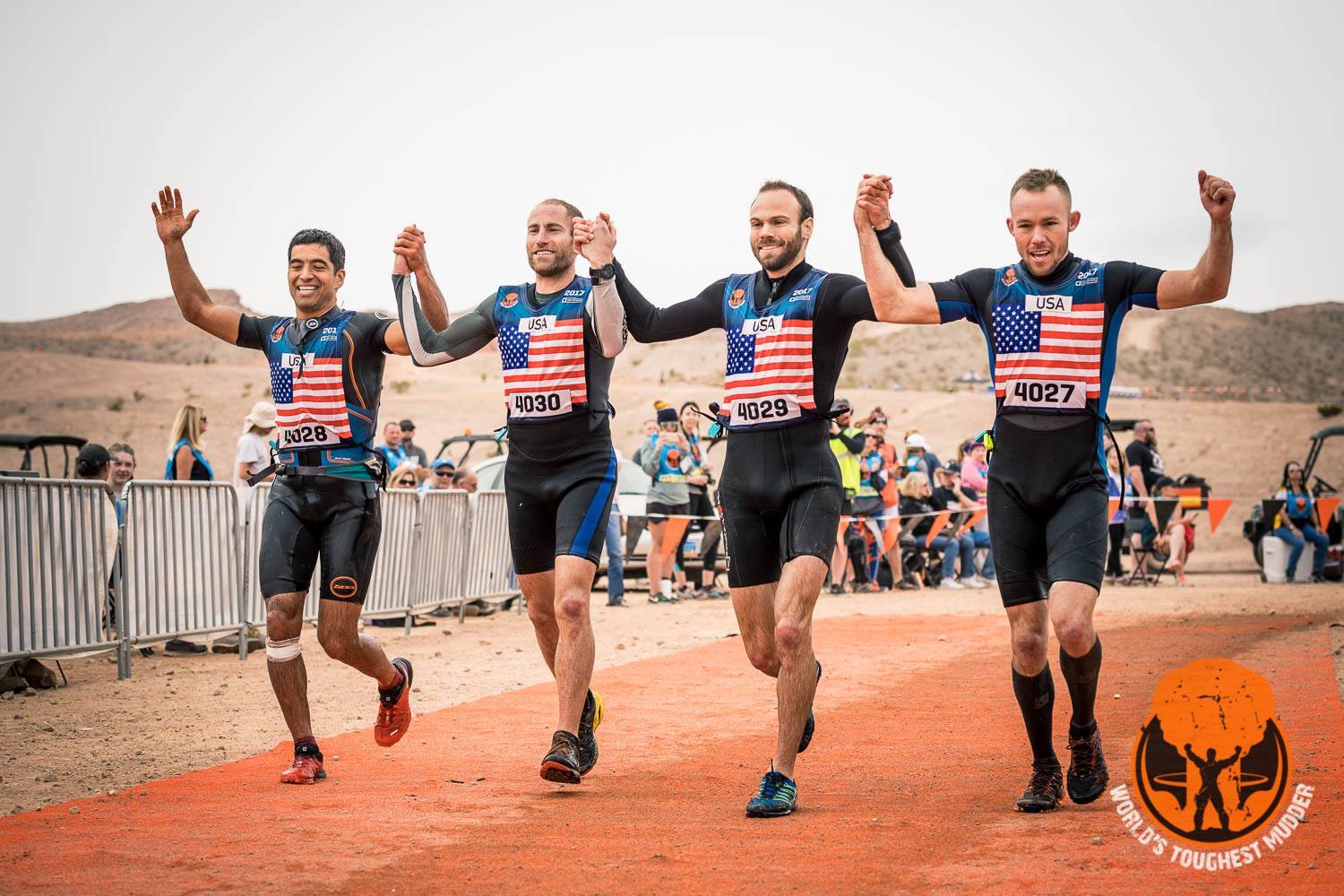
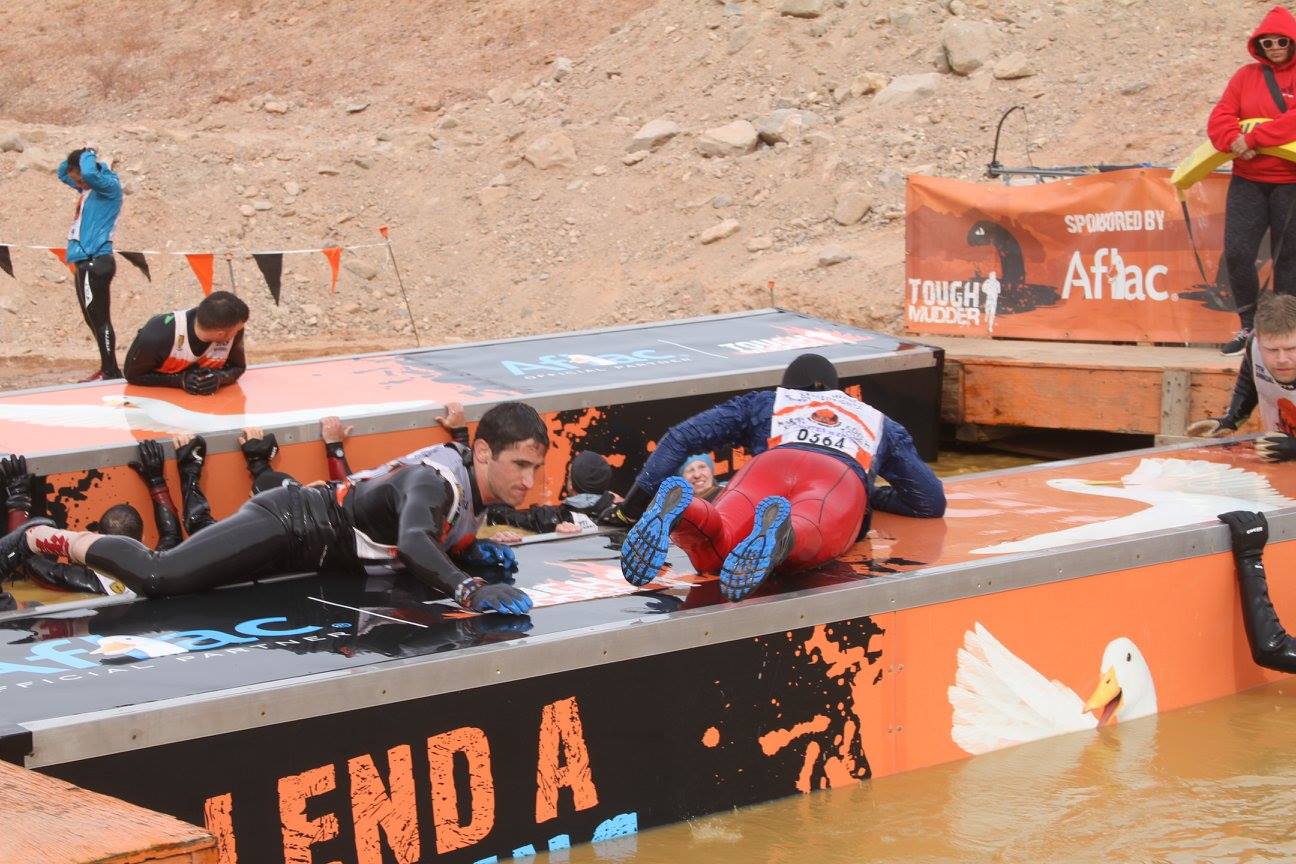

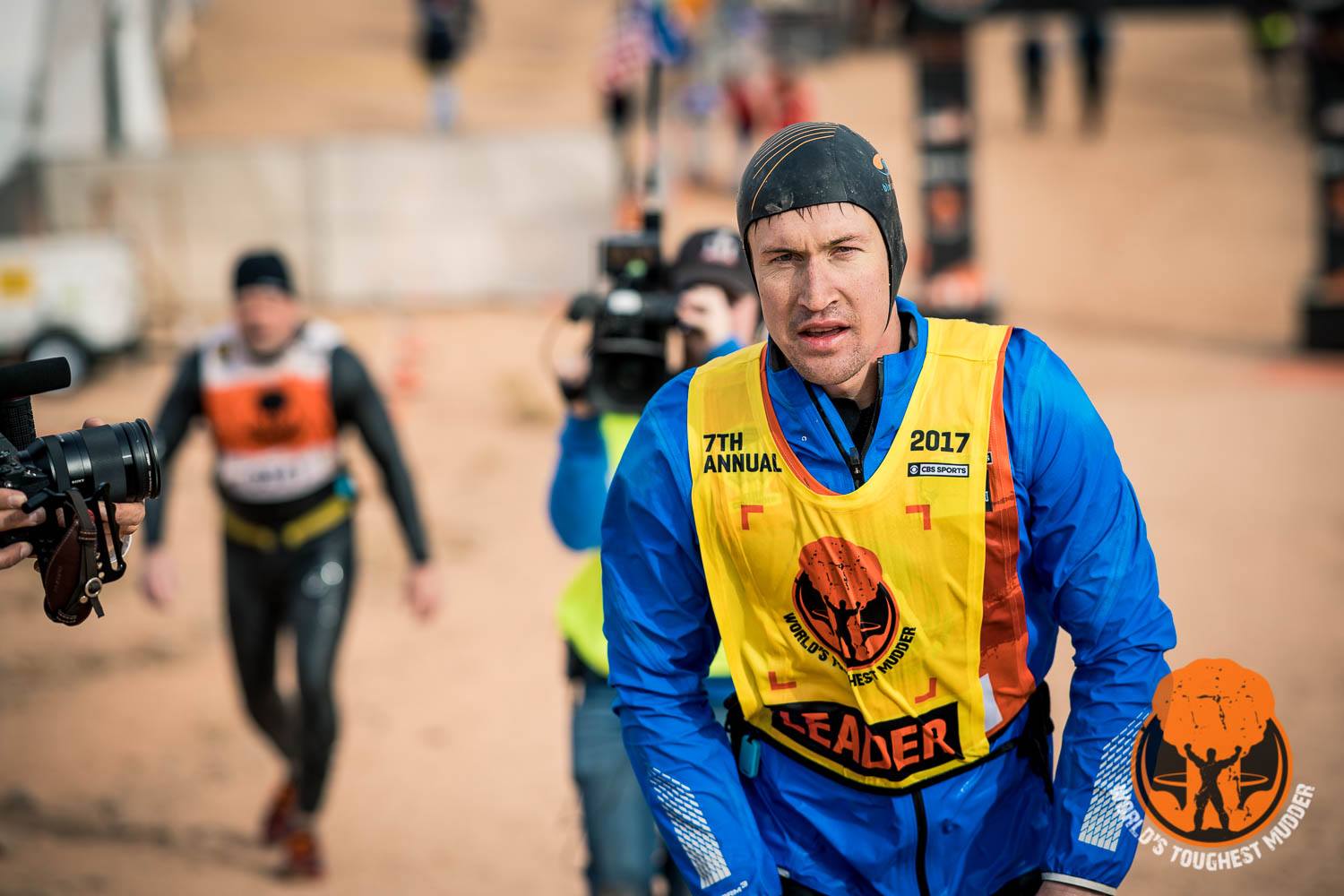
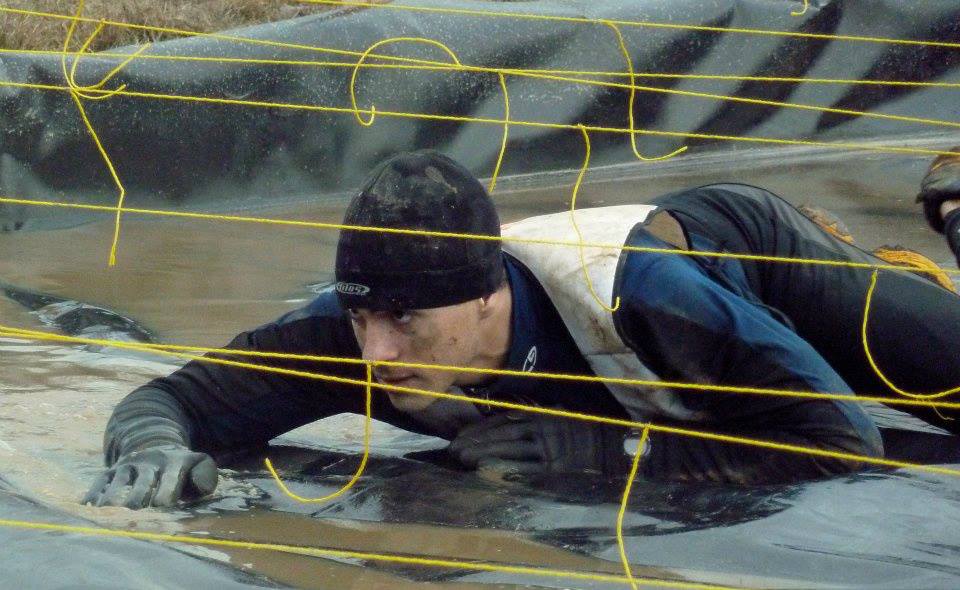
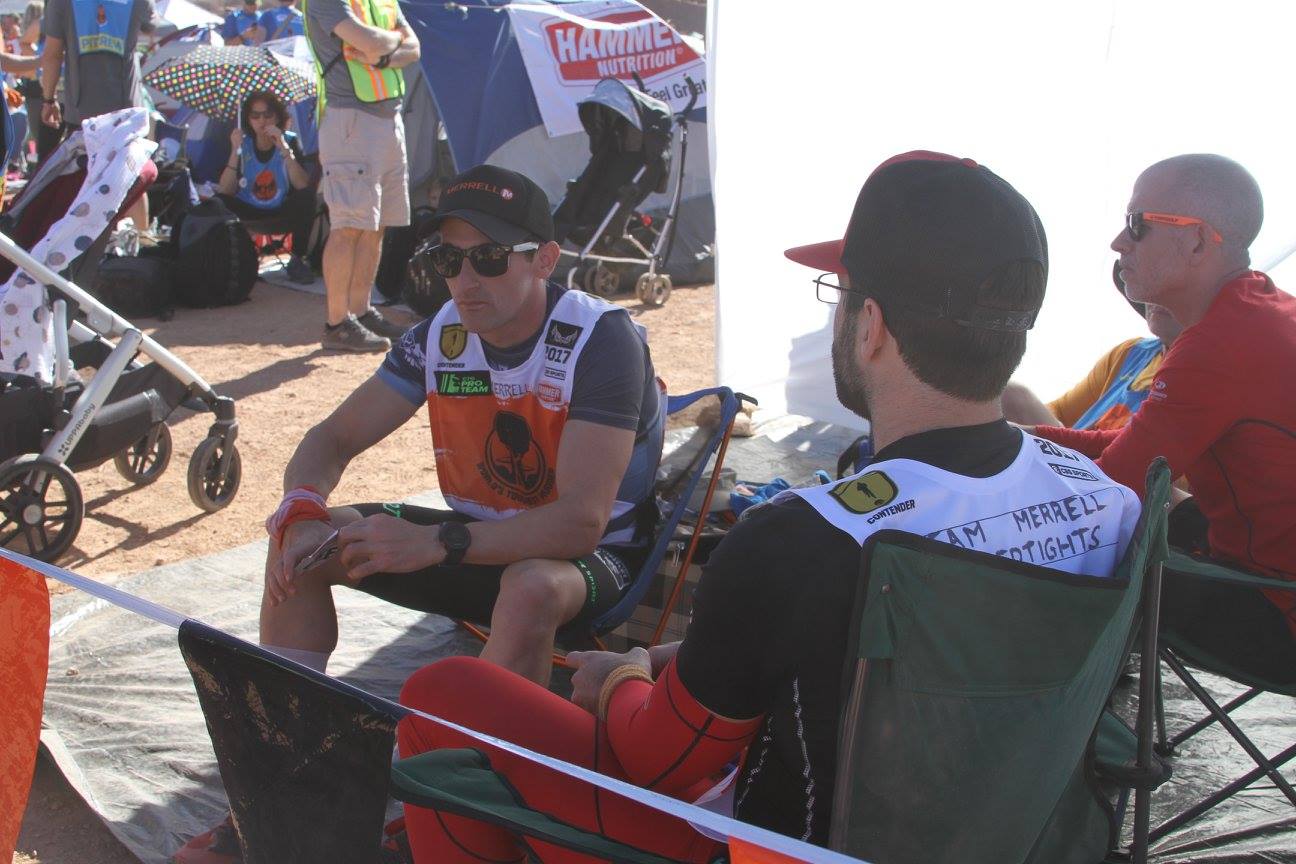
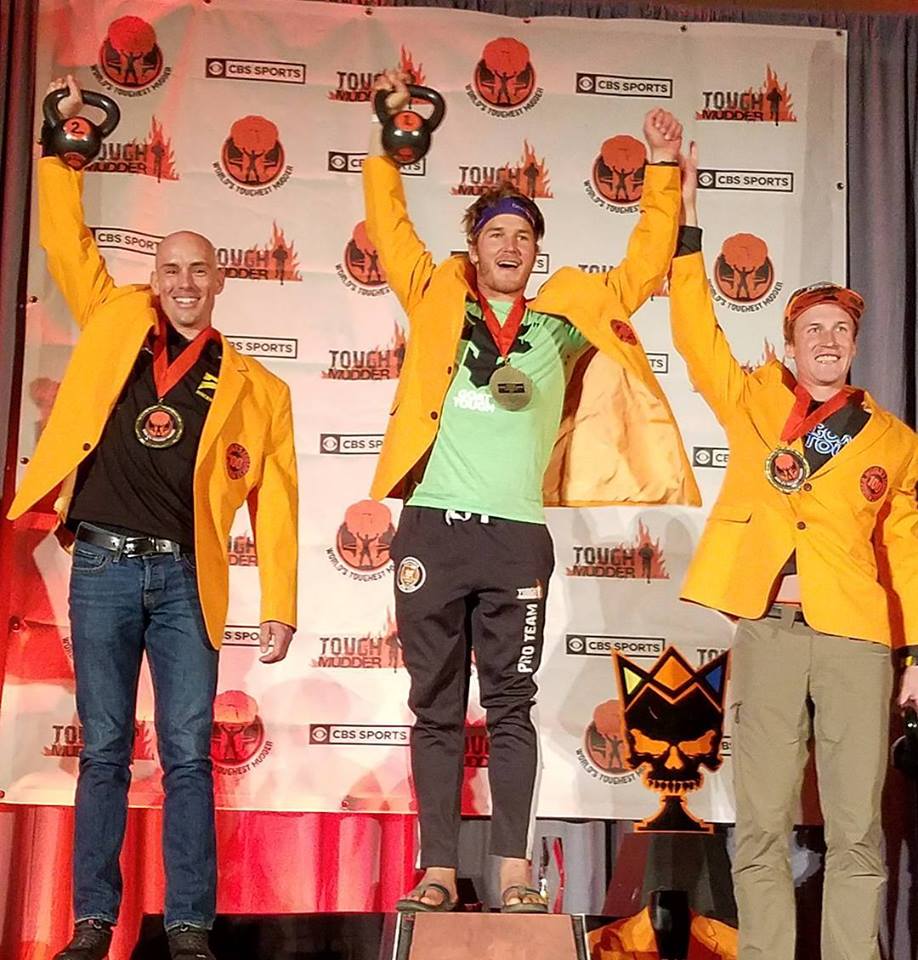


As a former Green Beret and Army Ranger, Spot on Evan. Nice write up.